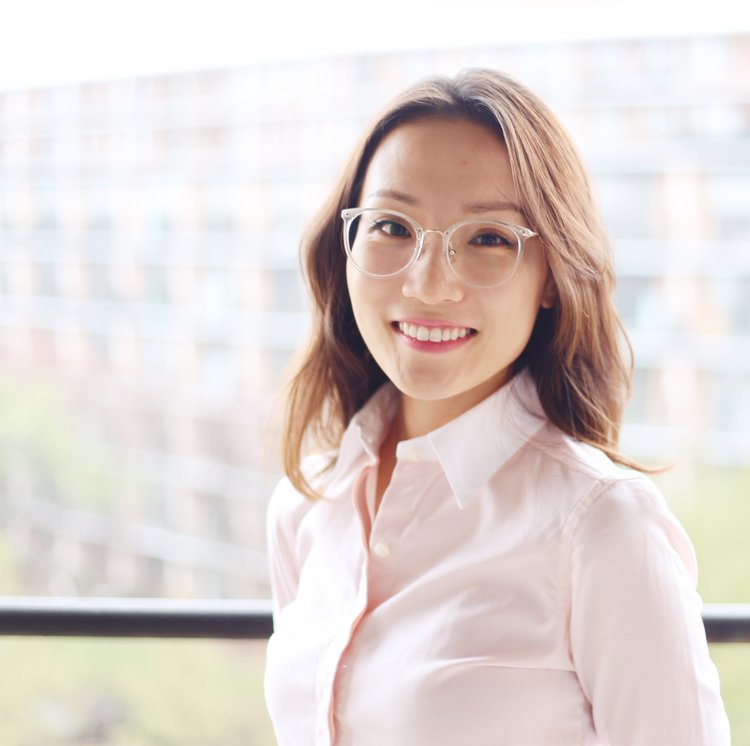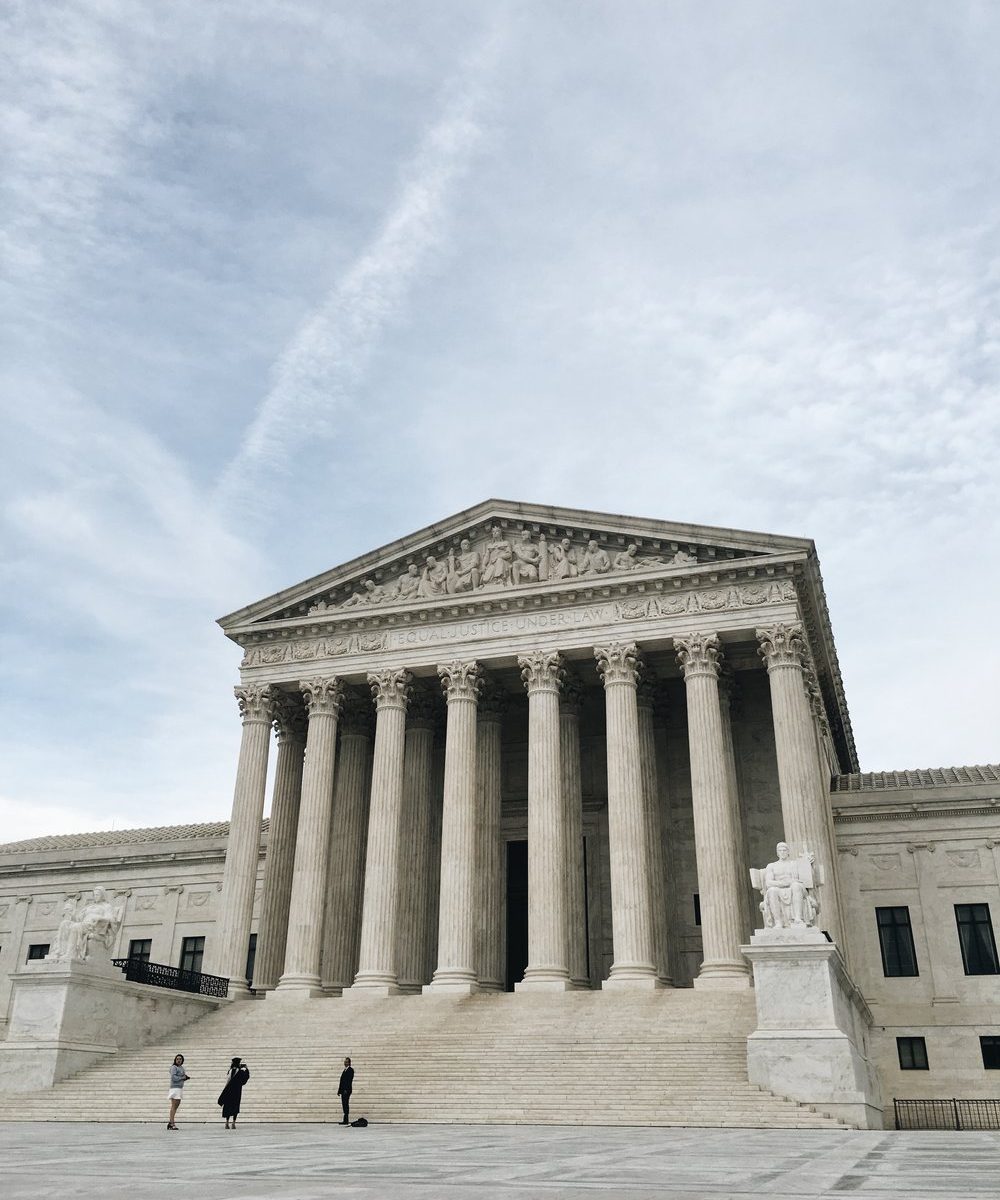This interview is part of our Conversations with SOLA series, in which we interview people who love Jesus doing things for Jesus with excellence and distinctiveness.
Christians can often divorce their spiritual lives from their day-to-day lives and professions. But we believe that God wants us to use our careers and talents to impact the world for His Kingdom, whether we work in technology, education, or the local coffee shop.
Today, we are sharing an interview that SOLA did with Rachel J. Lee, who works at the Antiracist Research and Policy Center in Washington, DC. She and her husband Moses, an ordained pastor in the PCA, serve at the Redeemer Church of Arlington (VA).

SOLA: How has your relationship with Jesus affected your view of racial justice?
I’m a fourth-generation Reformed Presbyterian, having grown up under the legacy of Korean Presbyterian luminaries that shaped Korean independence, civil rights, and religiosity. Unbeknownst to much of the western world, Korean Presbyterianism was intricately involved with the Korean Independence Movement, a heritage that many Korean Presbyterians continue to embrace with great pride.
This aspect of my theological heritage did not escape me as a child. Growing up, I was always interested in the history of justice and freedom movements, like the Korean Independence Movement. It was not until college when I started to walk with the Lord, however, that my passion for justice finally found its root in the Gospel, in the saving grace of Jesus who gave himself to reconcile me to our Heavenly Father.
The Gospel of reconciliation gave me a purpose in life as an agent of reconciliation. As I pursue racial and ethnic justice, I’m constantly reminded and inspired by His Lordship and goodness to have reconciled someone like me to God the Father.
The justice work I have done and continue to do with Koreans helps me to see my own depravity and idolatry. In South Koreans, I saw their deeply rooted bias and apathy, and in North Korea, I saw dictators and an oppressive system that idolized power and control.
This process continues to help me to live out my new identity as a redeemed daughter through repentance.
“My antiracism work has been similarly affected in that as I continue to pursue this work as an agent of reconciliation in imitation of Christ, I’m reminded of Jesus’ death and resurrection that reconciled me to the Father.”
SOLA: What do you think of the current conversation about racial justice within the evangelical world? The Asian Christian world?
There are phenomenal activists, scholars, and educators who are “evangelical” Christians and speaking up for racial reconciliation and justice today. I have read and learned from many of them including Ekemini Uwan, Jemar Tisby, Alexander Jun, and many others. Podcasts like Truth’s Table and Pass the Mic have accompanied me and my husband on our everyday commutes, family road trips, and dishwashing sessions.
Despite the tremendous impact all of these brothers and sisters are making, in the broader evangelical world, there’s so much work to be done. The phrase “racial justice” or “white privilege” is sadly unbearable to so many. Even when churches do engage in important conversations about race, they do not always lead to practical actions.
When it comes to conversation about racial justice in “Asian Christian world,” I think we lack a consolidated voice and movement. A lot of Asian American brothers and sisters that I meet share how it’s difficult to even describe their experiences with racists, and our struggles are often deemed dismissible and not urgent. This is concerning because intersectionality matters.
The stories of undocumented Asian Americans, injustices that our Southeast Asians and South Asian brothers and sisters experience including surveillance and mass incarceration, threats due to immigration/economic status, lack of access to healthcare, colorism, sexism, misogyny, and domestic violence are often hidden under the thick rug that portrays all Asian American experiences as privileged, prosperous, educated, and well-adjusted to white normativity.
Another challenge that we must overcome is the focus on “us” when it comes to racial justice. The beauty of Christ-centered, Gospel-inspired justice work is that we’re not just bound by selfish goals that improve only the lives of those like us. Because we’re all made in the image of God and we are to cultivate shalom in and through all of us, our call to seeking justice does not limit us to only what matters to Asian Americans, our families and friends. Part of sanctification is that we learn to take our gaze off of ourselves and onto others who are different, or to paraphrase Tim Keller, to move from being self-focused to self-forgetful.
“While East Asians do experience racism and race-based injustices, we must also be aware of the privilege we have and use the privilege in a Christ-exalting way to advance God’s Kingdom on Earth. So it’s really good for us to seek the well-being of our Black and Brown brothers and sisters and even those who are not in the body.”
Finally, Asian American Christians need to have a consolidated voice, as I mentioned before, to seek racial reconciliation beyond our own skin color. It’s not only going to be beneficial to the church, but also necessary as part of our witness to an unbelieving world.
SOLA: What does your work at The Antiracist Research & Policy Center at American University entail?
We’re entering our second year of building up the Antiracist Research and Policy Center, which explicitly focuses on investigating racial inequalities and the discriminatory policies behind those inequities. Currently, we’re getting ready to launch our first research and policy cluster this fall that will examine racial disparities in infant and maternal mortality throughout the District of Columbia. We’re also planning projects that will more closely examine inequalities Asian American and Pacific Islanders experiences.
More recently, I collaborated with my colleagues to organize events like the National Antiracist Book Festival, which will be held at the Washington College of Law in April.
I also write. My target audience has been Korean-speaking first-generation Korean Americans who may hold old racist ideas and are unable to empathize with antiracist activists and movements in the U.S., and so I publish op-eds to help educate that specific group.
SOLA: Any last comments on Asian Christians and racial justice?
We should view international Asian and first-generation Asian Americans as allies. Despite the commonly held assumption that these groups won’t understand the struggles of racial injustices in America, I believe they are able to empathize and understand because of our shared experience of colonialism, whitewashing of historical oppression, and resistance in our respective mother countries.
This is why my own research focuses on comparing current and historical aspects of racism in America to current and historical aspects of ethnocentrism, colonialism, and justice and independence movements in Asia to help educate first-generation Asian Americans as well as Asians living in Asia without firsthand experiences of racism in America.
Here is a list of recommended reading from Rachel Lee:
Christian Books
- The Color of Compromise by Jemar Tisby
- One Blood: Parting Words to the Church on Race by Dr. John Perkins
- Divided by Faith: Evangelical Religion and the Problem of Race in America by Michael Emerson and Christian Smith
Non-Christian books
- Locking Up Our Own by James Forman
- The Half Has Never Been Told by Edward Baptist
- The New Jim Crow by Michelle Alexander
- Medical Apartheid by Harriet A. Washington
- Stamped from the Beginning: The Definitive History of Racist Ideas in America by Ibram X. Kendi
- Evicted by Matthew Desmond
- I Know Why the Caged Bird Sings by Maya Angelou

